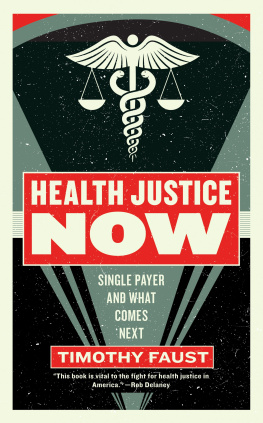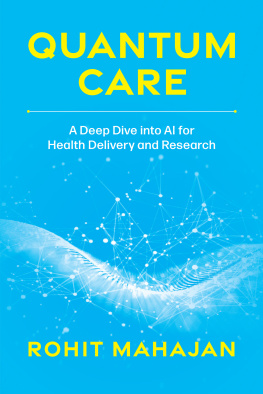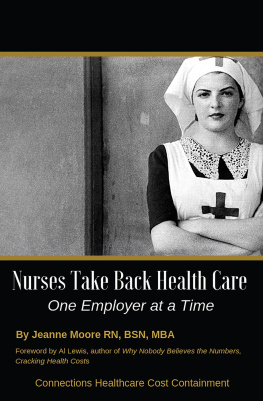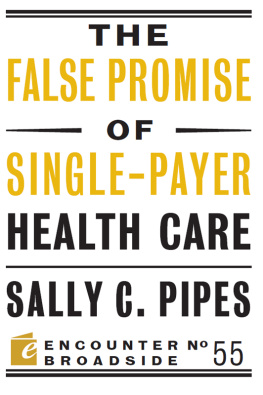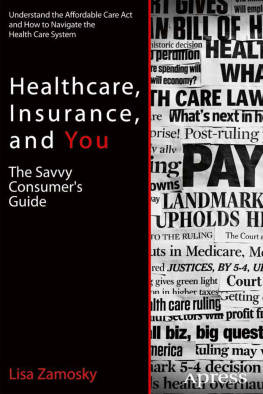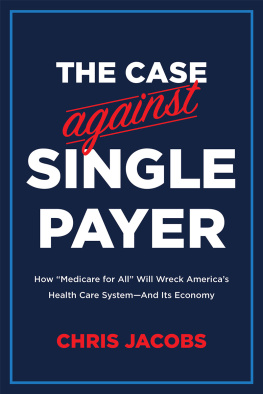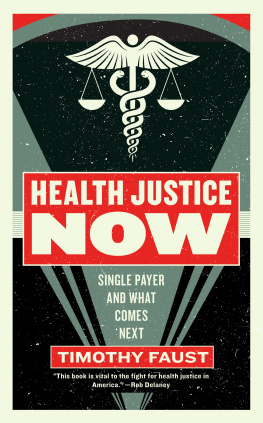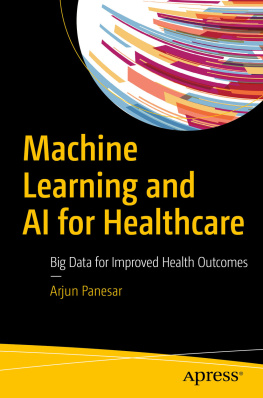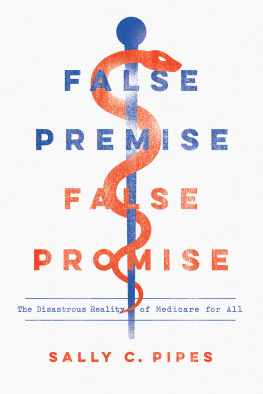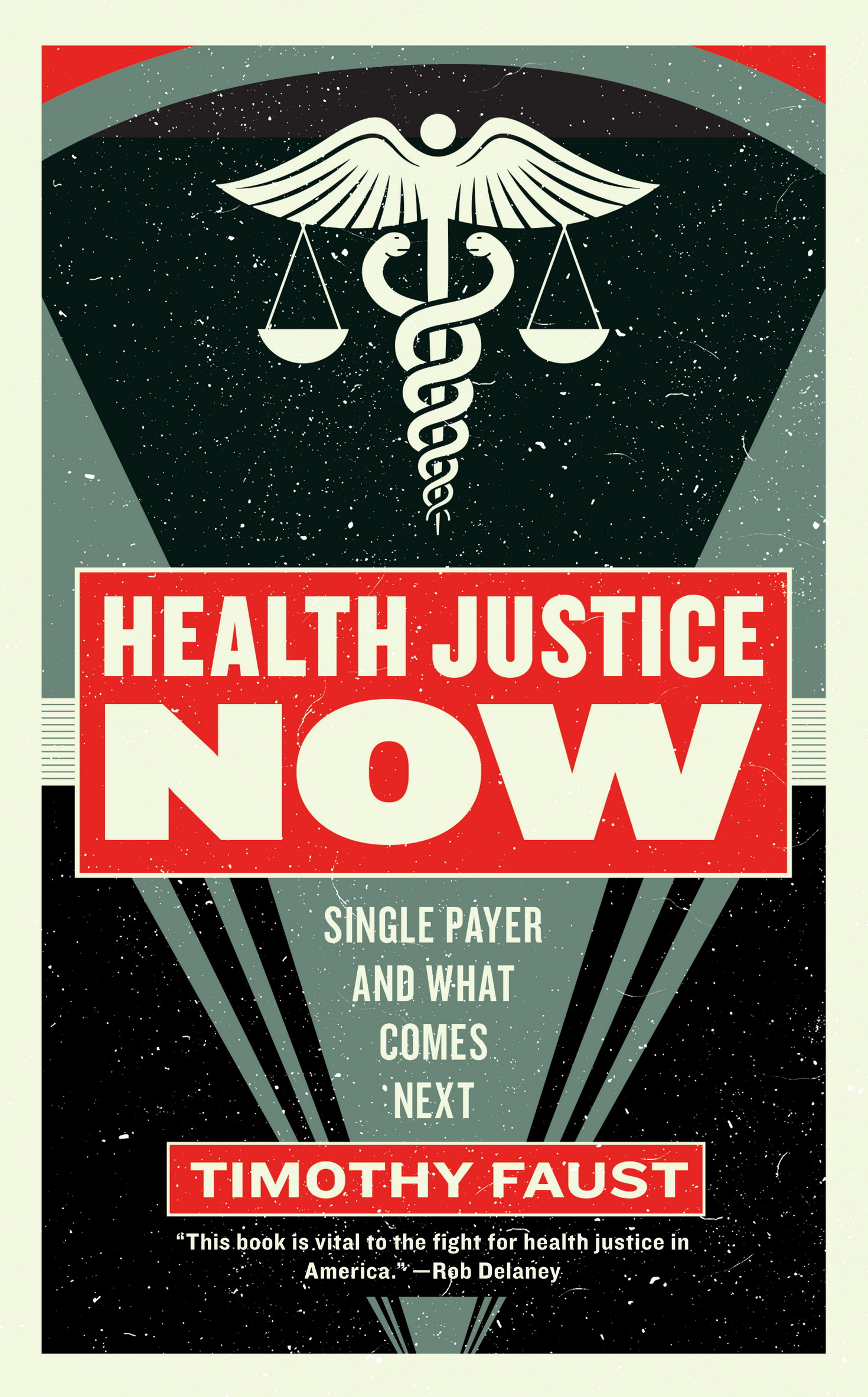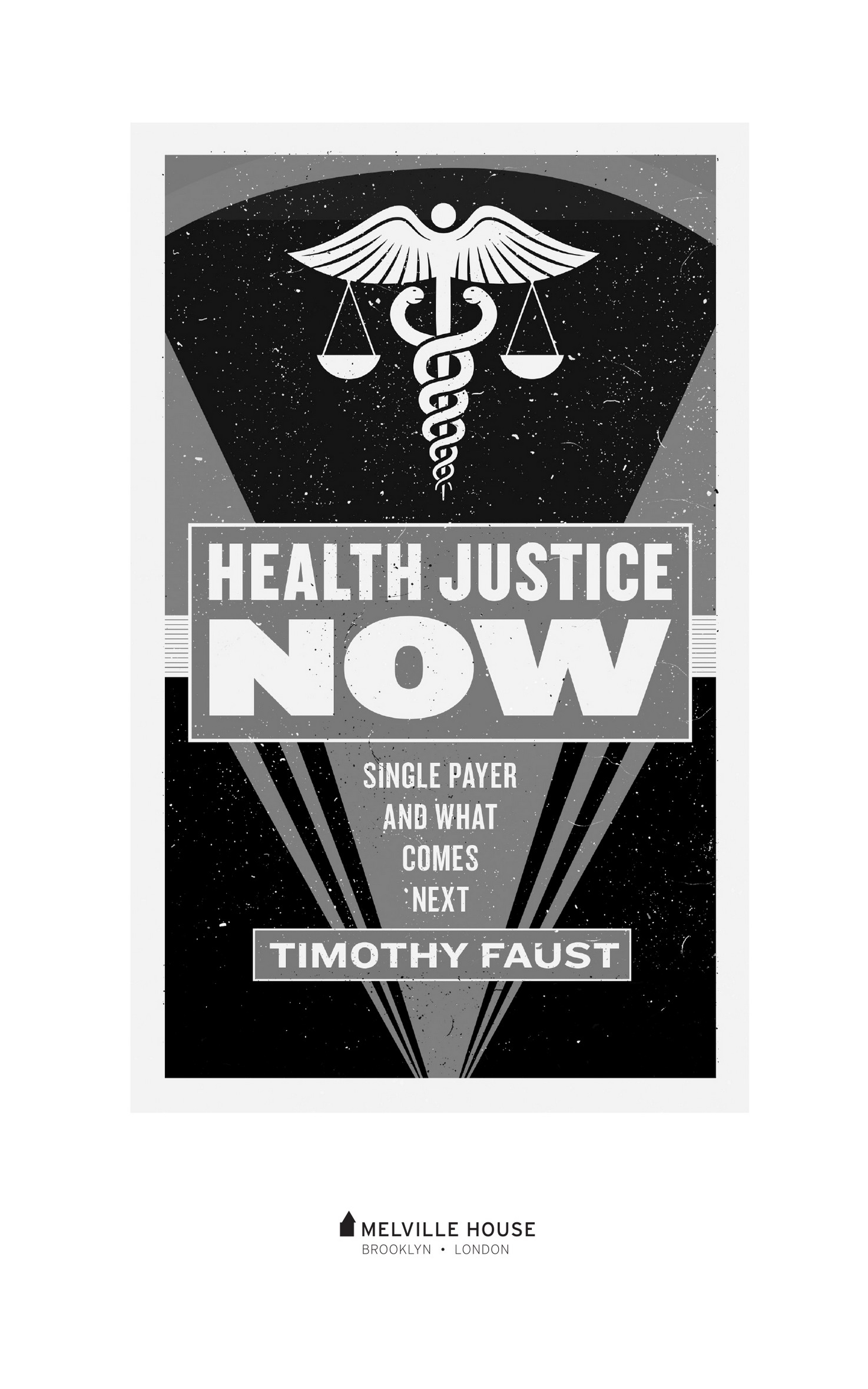16/18 Woodford Rd.
INTRODUCTION
A secret scream rings through America. It rings down the sterile fluorescent hallways of our hospitals. It rings over our rural towns and our Native reservations. It rings through our prisons, the bellies of our great American cities. It rings in our farms and our fields, our streets and our sewers, our bodies and our blood, and we are cursed to never hear it clearly until, at last, we realize it has been our own mouth screaming, and we are lost. A child born today inherits in that secret a new American squalor, the skeletal remains of the American cities, the bleached bones of the American suburbs. This secret is a birthright of continual exploitation, pumped for labor and drained of cash and then punished for the resulting sufferingpunished for being hungry, punished for being sick, punished for being pregnant, punished for being poor, punished for being black or brown, for being queer, for being unlucky, for being.
At the base of that suffering is lodged a little truth, like a knot in the stomach: in America, sickness makes you poor; and poorness makes you sick.
This is a book about that relationship, and why it happens, and why its unnecessary and what we can do to fix it. The cosmic whirling of Gods great slot machine has not determined that some people are fated to suffer while others flourish. We have the resources to take care of everyone, and yet we refuse to do so. Your medical debt and medical bills are unnecessary, but we have chosen to make them necessary. These are structural problems with structural causes, and many of them share roots in how we pay for healthcare.
This is a book about healthcare and health finance. They are different. Healthcare is anything that helps you stay safe and healthy. It is a kind of freedom from, and within, your own body. Health finance is the method by which we, as a country, pay for that freedom, and by which we decide who gets to have it, and who doesnt. Healthcare is more than what happens to you in the hospital. Healthcare is whether your home makes you sick or your food makes you sick or your environment makes you sick or whether you have enough money to afford the things that keep you healthy. In America, the structure of corporate health finance has convinced us that some people deserve healthcare, and some people dont.
This is a book about that corporate health financeabout private insurance and private insurers. For a half century, theyve convinced us that they are the only things that keep usthat could ever keep usfrom the utter financial ruination of illness. Theyve sold us different inadequate insurance plans and persuaded us that this is a form of great liberty, while chipping away at our freedoms for profit, and holding our bodies and our childrens bodies hostage.
This is a book about single-payer healthcare, a health finance model in which we pool our abundant collective resources to provide healthcare to all people. It is a common model across the world. As we will discuss in this book, we have the potential not just to enact a single-payer program in America but to build the greatest healthcare program among any so-called developed country.
Here is my profession of faith:
I believe beyond any doubt that single-payer is demonstrably sound and eminently feasible. I believe a properly ambitious and well-structured single-payer program will do more than any other American social program of this generation to soothe the burns, to resuscitate the spirit, to nourish the moral will of the American people. I believe it will loosen the loathsome manacles of American health finance: an exploitative institution that profits by plundering from us our own bodily autonomy and that anchors a larger exploitation, that holds those whom we love as captive leverage to guarantee our servitude to abusive employers or domestic partnersto those who seek to dominate us both in the office and in the hospital.
I believe this nation owes its people, whose labor has created its rich banquet, the safety and agency of healthcare. I believe this healthcare is greater in scope than that which happens upon an operating table. I believe that housing, food, income, and morethe components of basic human dignityare healthcare, and I believe our work is that of striving toward justice for all people; and I therefore believeI have to believethat single-payer healthcare is our moral imperative. Single payer is our tool. Single payer is our weapon. Single payer is our first step. But single payer, on its own, is not the goal.
This is a book about health justice.
Healthcare is personal. So I want to start this book personally by introducing two friends of mine, Steve Way and Kyle Kolich. Theyre two guys about my age (Im 30) who live in north New Jersey. Theyre sweet, gentle people and probably the most charismatic pair of friends Ive met in my entire life. They make me laugh until my face hurts, and we like watching pro wrestling together. Theyre also being utterly broken by our American health system, and its keeping them from living their lives.
Steve has muscular dystrophy. The muscles and tissues that hold his body together are eating themselves. Hes doing pretty good, all things considered. He beat his original life expectancy of 18 and now probably has a long life ahead of him.
Steve needs a wheelchair to move and a ventilator to help him breathe. He also needs help getting dressed, going to the bathroom, eating, and other everyday functions. His family takes care of him, but Steve doesnt want to be dependent on his parents for his whole life. He wants to move in with his girlfriend. But Steve cant afford to hire a private personal medical assistant 24/7. I mean, who could?
In many parts of the United States, if you cant receive care at home, you have to live in a nursing home (or an SNF, a skilled nursing facility). Nursing homes are private institutions for people who cant live on their own, like people with disabilities and senior citizens with advanced medical needs. But many people do not want to live in a nursing home. Caregivers are massively overworked and deeply underpaid, and the result is often shallow, loveless care, with high rates of medical negligence. Nursing homes have been caught bribing judges to reduce their medical malpractice lawsuit damages, sending their own corporate officials to run for office (who then make it harder to file a malpractice case), or hiring their own lawmakers directly as employees. These are not good prospects for someone who needs medical care, nor for someone who wants to be permitted to live freely instead of being imprisoned in a warehouse. Nursing homes are where [people like me] go to die, Steve says.
Because Steve wants to avoid all of this, he needs Medicaid. Medicaid is an insurance program, funded jointly by federal and state governments, for people who dont make much money and people with disabilities. Medicaid pays for much of Steves healthcare, and also a home-health budget, which he can use to pay home-health aides to come over a set number of hours a week and assist him around the house. Home-health aides help Steve move, cook, clean, refresh his meds, and stay healthy. They mean he can lead the life he wants to, like all of us do.

